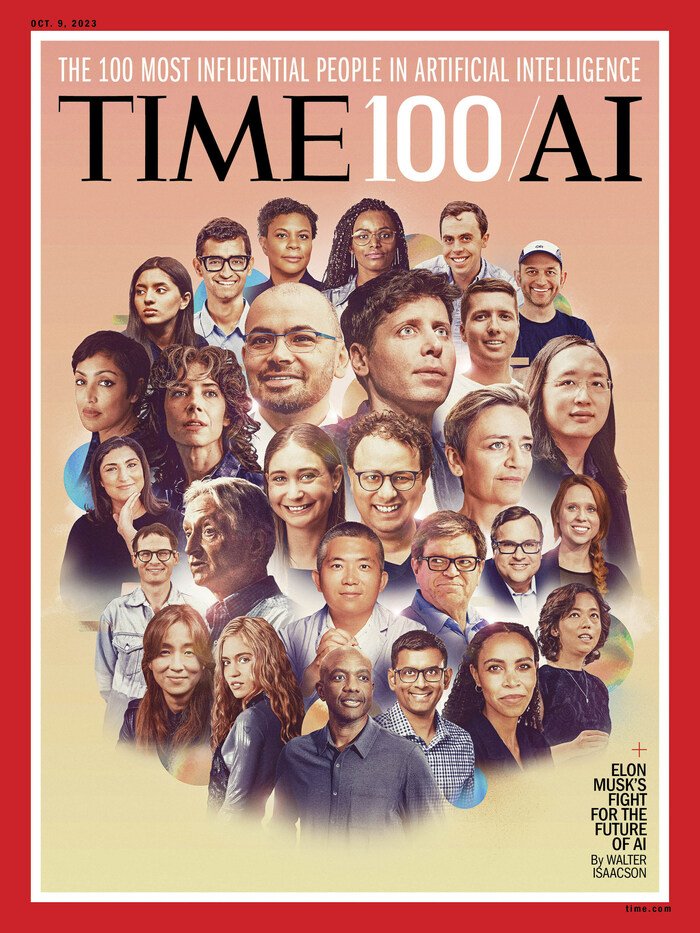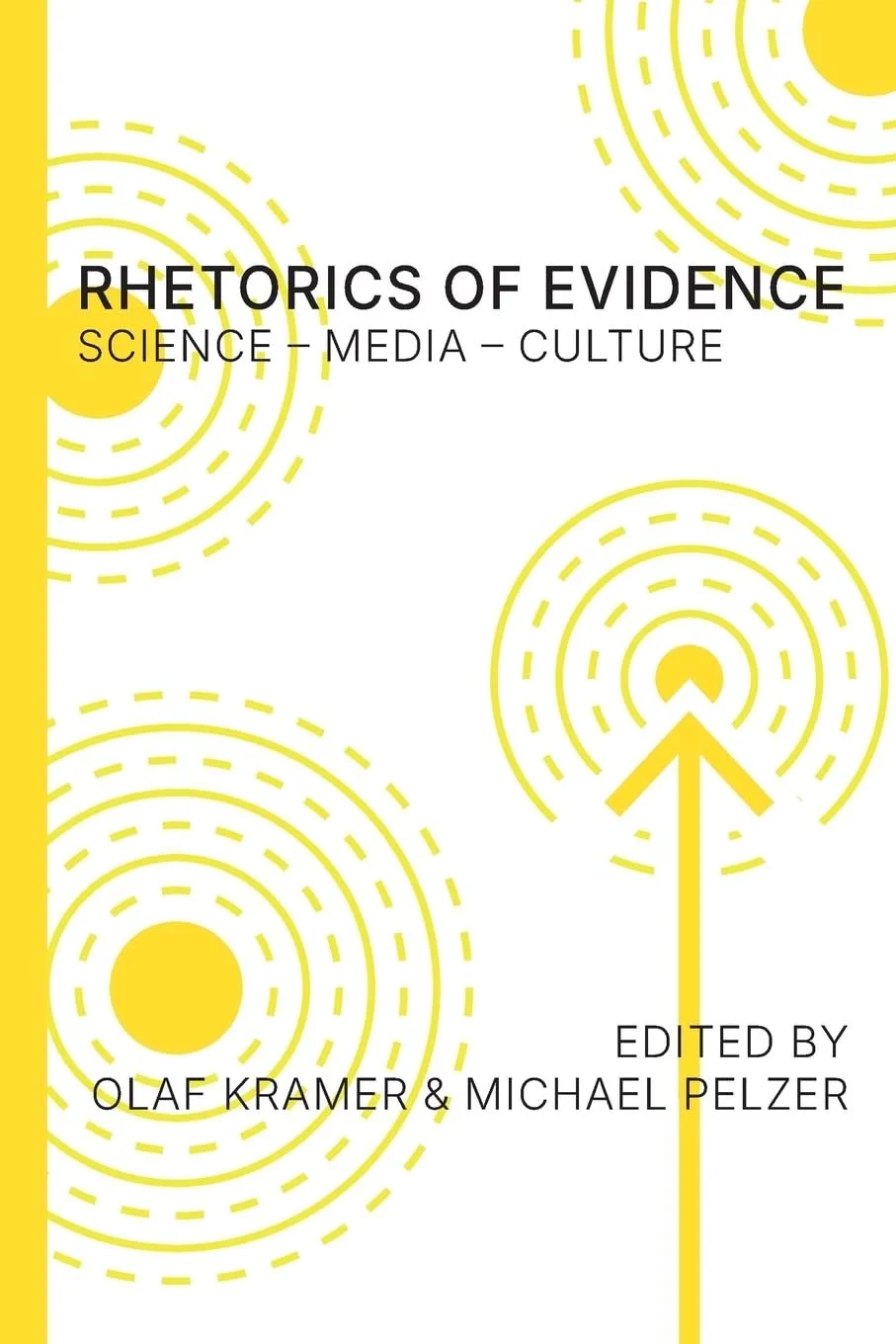
Research Challenge Teams
Each year, the RhetAI Coalition convenes Research Teams to respond to a set of research challenges proposed to us by the Center for Humane Technology
Honors and Publications by Research Challenge Team Members
2025 CHT/RHETAI
Research Challenge Teams
RhetAI Research Challenge Teams come from more than 12 countries across 6 continents and more than 40 companies and universities. They include experts in artificial intelligence, machine learning, rhetoric, persuasion, computational linguistics, national defense, marketing, neuroscience, psychometrics, electrical engineering, computer science, communication, writing, UX, and more.
The Center of Humane Technology partners with the RhetAI Coalition to form these research challenges, and teams conduct research and meet regularly to discuss their work. At the end of each year-long challenge period, the RhetAI Coalition, in collaboration with the CHT and the School of Communication and Journalism at Stony Brook University, releases an open-access annual report detailing the findings of each group.
Team members participation does not reflect commitment on the part of their employers, and their work with the coalition is personal and voluntary. They do not speak on behalf of their employers or institutions. Affiliations below are provided for informational purposes only.
New teams are convened annually. If you are interested in joining a team or learning more, please contact Roger Thompson.
Challenge Question 1: How should we balance Freedom of Speech (viz., the right as claimed by tech companies to be free of government regulation into content moderation or product design) with Freedom of Thought in the age of social media, persuasive AI, and neurotech?
Jennifer Albanese (co-chair), Stony Brook University
Roger Thompson (co-chair), Stony Brook University
Liz Norrell, University of Mississippi
Marc Watkins, University of Mississippi
Austin Bailey, Hunter College (CUNY)
Fabian Erhardt, RhetAI Center at the University of Tübingen (Germany)
Gerry Dozier, Auburn University
Tim Laquintano, Lafayette College
Robert McMenemy, Software and Blockchain Developer
Jonathan Conyers, NYU Langone Health and Brooklyn Debate League
Barbara McCoy, Educator
Challenge Question 2: What new forms of deception and persuasion are possible using new technologies? What new terms might need to be developed to begin to discuss these kinds of vulnerabilities?
Alexis Hart (co-chair), Allegheny College
Roger Thompson (co-chair), Stony Brook University
Troy Siemers, Virginia Military Institute
Patrick Rhamey, Virginia Military Institute
Stacey Finkelstein, Stony Brook University
John David, Virginia Military Institute
Rianna Walcott, Black Communication and Technology Lab at University of Maryland
Uma Karmarkar, University of California—San Diego
Umair Usman, Florida International University
Roberto Simanowski, Free University Berlin (Germany)
Huzaifa Dokaji, Stony Brook University
Simeon Ananou, Stony Brook University
Challenge Question 3: How do emerging technologies alter the ethics of persuasion and deception?
Kathryn Broyles (co-chair), American Public University
Markus Gottschling (co-chair), Center for Rhetorical Science Communication Research on Artificial Intelligence at University of Tübingen (Germany)
Peter Khost, Stony Brook University
Jen Santos, Grand Canyon University
Michael Thompson, Cenet
Marina Falasca, I.E.S en Lenguas Vivas J.R.F. (Argentina)
Aroona Khan, Stony Brook University
Henry Chapman, Infegy
Anne Burkhardt, Center for Rhetorical Science Communication Research on Artificial Intelligence at University of Tübingen (Germany)
Deniz Sarikaya, University of Lübeck (Germany)
Laura Dumin, University of Central Oklahoma
Aaron Stern, Electric Kite
Challenge Question 4: Where do the existing legal and social protections against deception (e.g. fraud, libel, slander, perjury, false-advertising, forgery, etc.) fail to offer substantive protections from emerging forms of tech & AI mediated deception?
Crystal Colombini (co-chair), Fordham University
Roger Thompson (co-chair), Stony Brook University
Barbara Thompson, Baker Hughes
Jason Pitcock, JCP Advisory LLC
Charles McSoud, Gibbs Armstrong Borochoff P.C.
Michael Power, The Michael Power Company Limited
Kamil Mamak, Jagiellonian University (Poland)
Dale Davis, Ultratech Capital Partners
Fabrizio Silvestri, University of Rome “La Sapienza” (Italy)
Baasil Shariff, Wilson Sonsini Goodrich & Rosati
Dhruva Krishna, UCLA School of Law and Kirkland & Ellis LLP
Daniel Schiff, Governance and Responsible AI Lab (GRAIL) at Purdue University
Nita Farahany, Duke University
Challenge Question 5: How do human relationships with emerging technologies impact individual mental health and how we relate to each other, and what consequences does this have for policy and the ethics of design?
Cynthia Davidson (co-chair), Stony Brook University
Kristina Lucenko (co-chair), Stony Brook University
Michael Weisenburg, University of South Carolina
Tim Riemann, United States Marine Corps
Margaret Schedel, Stony Brook University
Anuj Gupta, University of Arizona
Brooke Hessler, StoryCenter
Wilbur Farley, Stony Brook University
Mary Martin, Educator and Futurist
Jeffrey Greene, University of North Carolina
Ronni Burns, New York University
Anna Sowa, Booz Allen Hamilton and ARPA-H
Challenge Question 6: How are emerging technologies and concentrations of power impacting institutions and the political order?
Matthew Salzano (co-chair), Stony Brook University
Katy Johnston (co-chair), Stony Brook University
Atin Basu, Virginia Military Institute
Sara Santos, Stony Brook University
Drew Ashby-King, East Carolina University
Anuj Gupta, University of Arizona
Nesrin Pervin, North South University (UK)
Hannibal Beauford, Delta Airlines
Benjamin Miller, University of Sydney (Australia)
Challenge Question 7: How can technology foster trust and collaboration rather than polarization and violence?
Zoltan Majdik (co-chair), North Dakota State University
Chris Basgier (co-chair), Auburn University
Shyam Sharma, Stony Brook University
Asya Achimova, University of Tübingen (Germany)
Atin Basu, Virginia Military Institute
Lydia Wilkes, Auburn University
Stephanie Dinkins, Future Histories Studio and Stony Brook University
Umair Usman, Florida International University
Ammon Haggerty, AI Consultant
Tyler Romaine, Writer
Okakekan Adepoju, College of Staten Island
Amy Anderson, West Chester University












